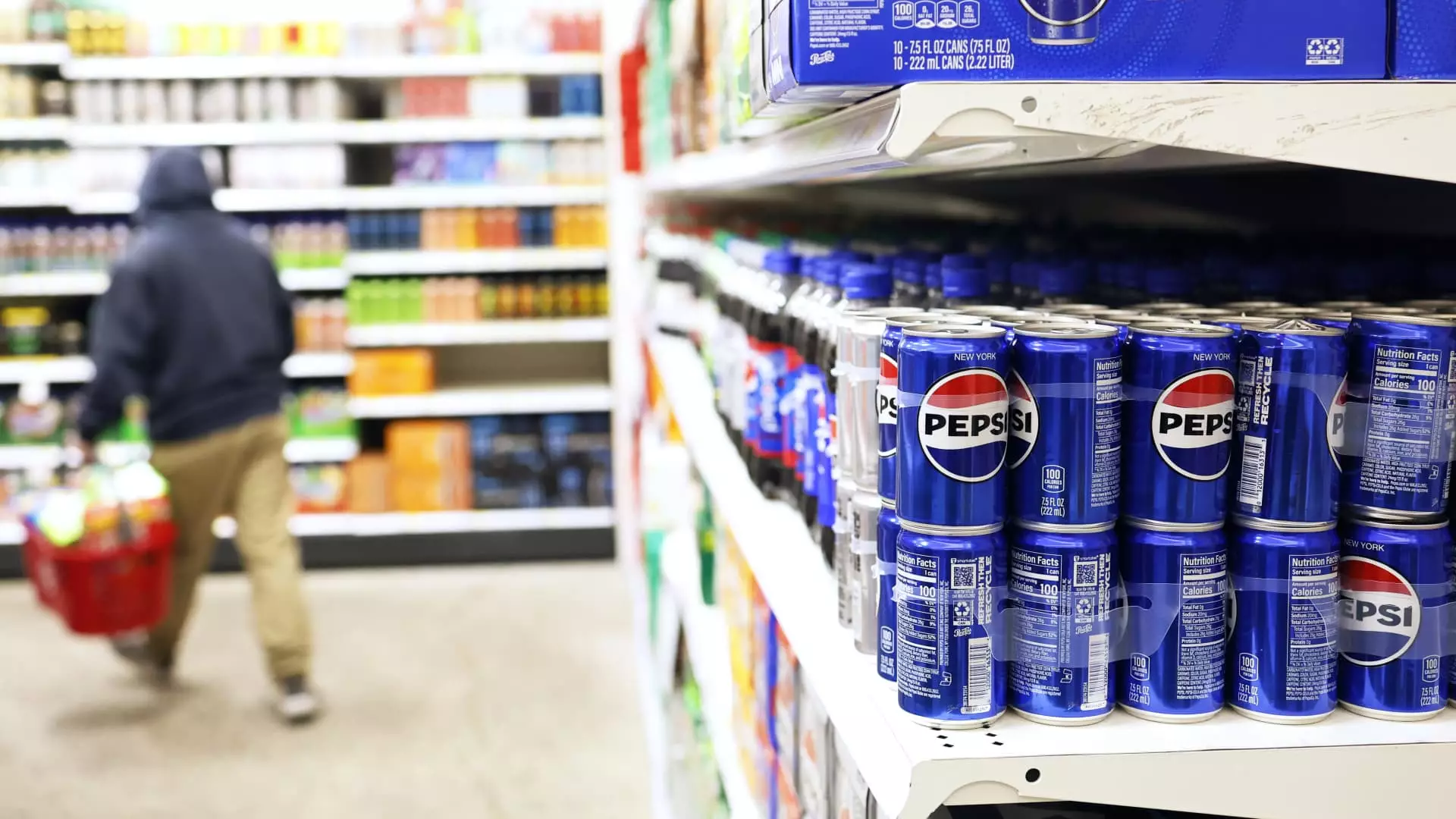FTC Takes Action Against PepsiCo: A Closer Look at Price Discrimination Allegations

The recent announcement by the Federal Trade Commission (FTC) regarding legal actions against PepsiCo for alleged price discrimination is significant. According to the FTC, the beverage behemoth is accused of providing Walmart—widely believed to be the unnamed retailer in the suit—with preferential pricing that is not extended to its competitors. This situation falls under the purview of the Robinson-Patman Act, a piece of legislation established in 1936 that prohibits sellers from offering varying prices to competing buyers for similar commodities.
The implication of this lawsuit is substantial for multiple parties involved, not merely for PepsiCo, but also for the competitive landscape of the retail market. The FTC’s contention is that these actions could lead to inflated retail prices, which could ultimately harm consumers by eroding competition within the marketplace. The organization is not just seeking compliance but aims to lift the veil on substantial portions of the case that are currently sealed, indicating a desire for transparency in these claims.
In response to the FTC’s assertions, PepsiCo has ardently denied any allegations of wrongdoing. The company claims that its practices fall within standard industry norms, maintaining that promotional and pricing strategies are common in competitive industries. PepsiCo stated, “We do not favor certain customers by offering discounts or promotional support to some customers and not others.” Their assertion reflects a broader conversation within the industry regarding pricing strategies and discounting practices that can either reinforce or undermine competition.
This defense highlights a fundamental tension in corporate practices: the need for competitive pricing while meeting retailer demands for support, promotions, and advertising. It raises questions about fairness in pricing and the characteristics of robust competition. If PepsiCo’s claims hold water, it could open a new dialogue regarding what is permissible in pricing strategies.
The Robinson-Patman Act brought attention to price discrimination practices but has seen varied enforcement over the years. Originally tightly enforced, the government’s approach shifted in the 1980s, leading to a decline in legal actions related to price discrimination. Only recently has the FTC indicated a renewed commitment to uphold this law, evident in its complaint against Southern Glazer’s, which marked a notable shift towards greater scrutiny of large corporations’ pricing practices.
This historical context enriches our understanding of the current lawsuit. It reflects broader regulatory trends under the Biden administration, which has focused on scrutinizing corporate practices more aggressively. The final days of the current administration have seen several legal actions targeting notable companies, emphasizing a desire to re-inject vigor into antitrust enforcement.
The potential outcomes of this lawsuit may reshape the relationships between major suppliers like PepsiCo and large retailers such as Walmart. As regulatory bodies gain momentum in enforcing antitrust provisions, smaller retailers may benefit from a more equitable competitive landscape. Conversely, if PepsiCo’s defense holds, it could set a precedent that may impact future antitrust actions.
As the legal proceedings unfold, all eyes will be on how this case influences pricing strategies in the food and beverage industry and whether the FTC’s renewed enforcement efforts will deliver real change in corporate conduct. The outcome could well define the future of competitive pricing in a market increasingly characterized by consolidation and significant retailer power.





